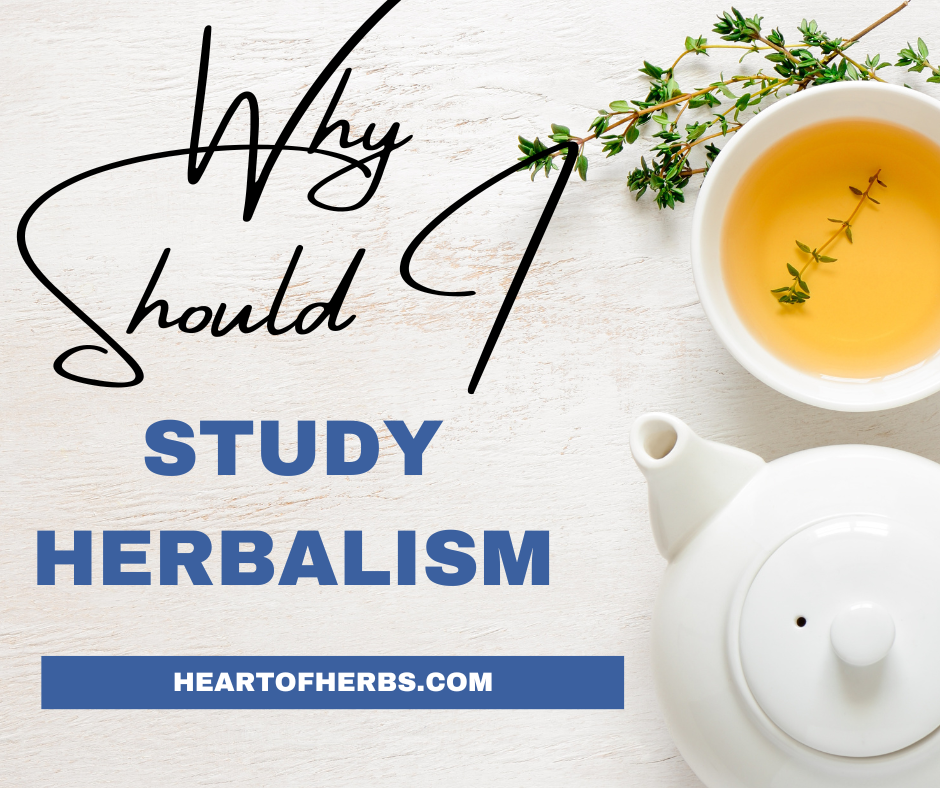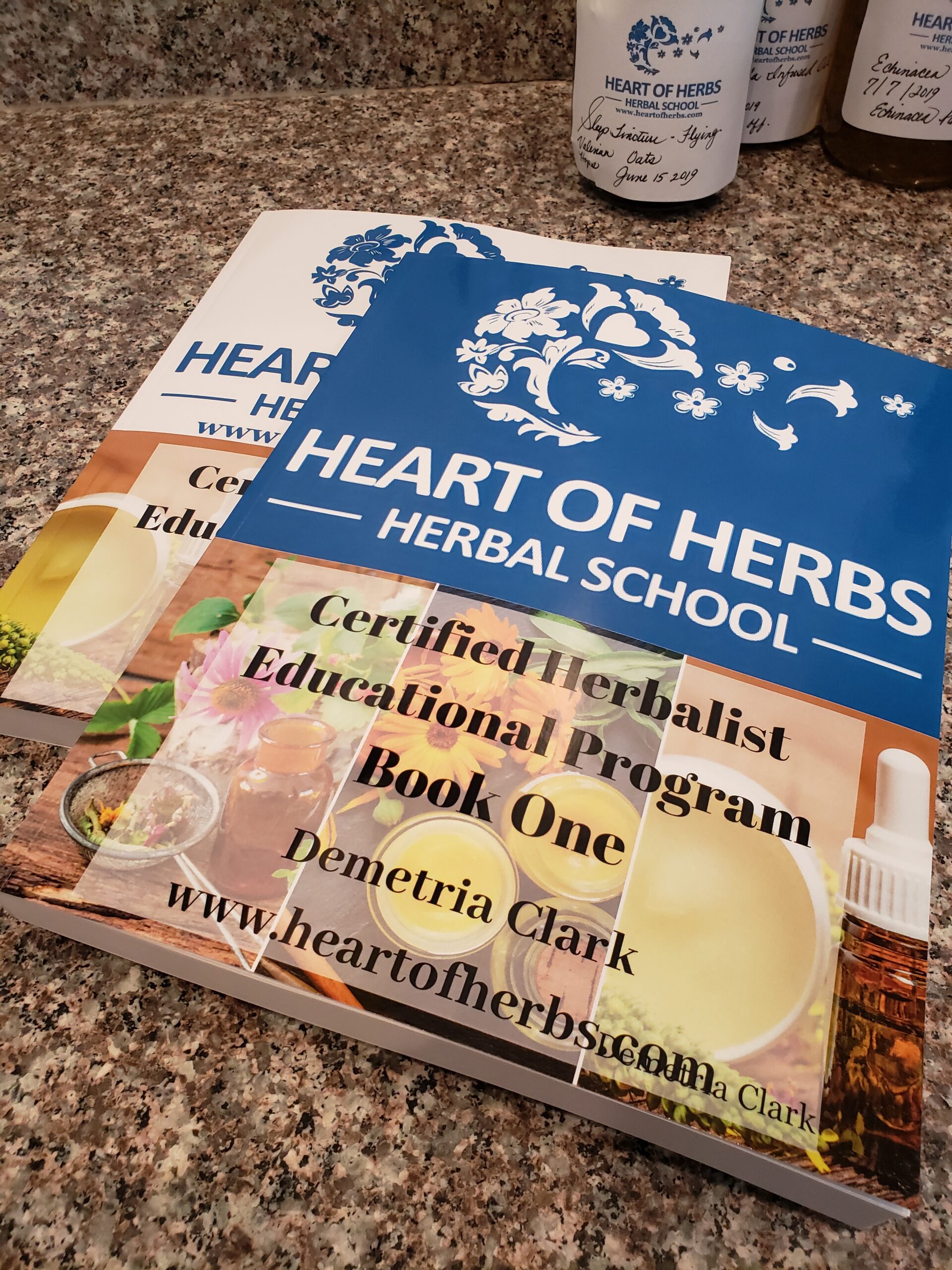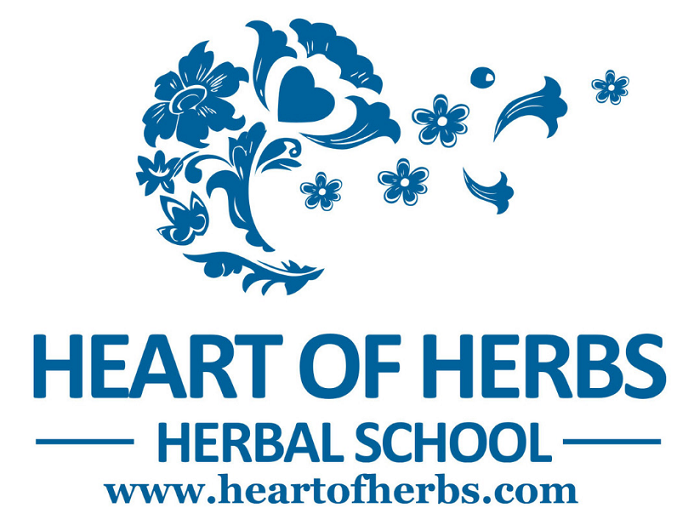Elevate Your Herbal Knowledge with Herb Certification
Are you passionate about herbal things and looking to take your knowledge to the next level? Look no further than herb certification! Whether you’re an herbal enthusiast or an aspiring herbalist, obtaining an herbal certification can give you the skills and expertise needed to elevate your herbal knowledge.

With herb certification, you’ll delve deeper into the intricate world of herbs, learning about their properties, cultivation, and usage. It’s an opportunity to expand your understanding of various herbal traditions and gain practical knowledge that can be applied to everyday life.
Not only will herb certification enhance your personal knowledge, but it can also open up new career opportunities. With a certification in hand, you can pursue a career as a professional herbalist, create your own herbal products, or even start your own herb-related business.
So, if you’re ready to immerse yourself in the diverse and fascinating world of herbs, obtaining herb certification is a valuable investment in your passion and future. Get ready to take your herbal expertise to new heights!
Benefits of herb certification
Obtaining herb certification comes with a wide range of benefits. First and foremost, it allows you to deepen your understanding of herbs and their various applications. You’ll gain a solid foundation in herbal medicine, plant identification, and herbal preparations through comprehensive coursework and hands-on training.
Additionally, herb certification provides credibility and recognition within the industry. It demonstrates to potential clients, employers, or customers that you have undergone rigorous training and have the knowledge and skills necessary to provide expert advice or create high-quality herbal products.
Furthermore, herb certification can boost your confidence in your own abilities. As you acquire new knowledge and skills, you’ll feel more empowered to pursue your herbal passions and share your expertise with others. This newfound confidence can greatly enhance your personal and professional life.
Types of herb certification programs.
Several types of herb certification programs are available, catering to different levels of expertise and interests. Some programs focus on general herbal knowledge and are suitable for beginners or those who want a broad understanding of herbs. Other programs specialize in specific areas, such as clinical herbalism, aromatherapy, or herbal product formulation.
When choosing a herb certification program, it’s important to consider your goals, interests, and availability. Some programs offer in-person classes, while others provide online courses that can be completed at your own pace.
Additionally, you may want to research the reputation and accreditation of the program to ensure it meets your standards.
Choosing the right herb certification program for you.
With numerous herb certification programs available, finding the one that best aligns with your goals and interests is essential. Start by evaluating your current knowledge and skill level. If you’re a beginner, look for programs that provide a solid foundation in herbal medicine and plant identification. If you already have some herbal knowledge, consider programs that offer advanced coursework or focus on a specific area of interest.

Next, consider the format and structure of the program.
Are you looking for in-person classes, or do you prefer the flexibility of online learning? Can you commit to a full-time program, or need a part-time option? Additionally, research the program’s curriculum and faculty to ensure they have the expertise and experience you seek.
It’s also worth considering the cost and duration of the program.
Some herb certification programs are more affordable and can be completed in a shorter timeframe, while others require more time and money. Evaluate your budget and availability to determine what works best for you.
What to expect in an herb certification program.
An herb certification program typically covers a wide range of herbal medicine and plant-based healing topics. You can expect to learn about the properties and uses of different herbs, including their medicinal actions and potential side effects. You’ll also learn plant identification, sustainable cultivation methods, and ethical wildcrafting practices.
Depending on the program, you may also study anatomy and physiology to understand how herbs interact with the body. Herbal preparations, such as tinctures, teas, and salves, are often a significant part of the curriculum, allowing you to develop practical skills in creating and using herbal remedies.
In addition to the theoretical knowledge, many herb certification programs include practical components where you can apply what you’ve learned. This may involve case studies, hands-on herb identification, or creating your own herbal products.
Common topics covered in herb certification programs.
While the specific topics covered may vary depending on the program, several key areas are commonly addressed in herb certification programs. Our programs teach all of the following.
These include:
1. Herbal Medicine Foundations: This covers the basics of herbal medicine, including the history of herbalism, the principles of herbal energetics, and the different systems of herbal medicine.
2. Medicinal Plants and Their Uses: You’ll learn about a variety of medicinal plants and their applications. This includes understanding the properties, actions, and preparations of specific herbs.
3. Herbal Formulation and Preparation: This topic focuses on the art and science of creating herbal preparations. You’ll explore different methods of extraction, such as tinctures, infusions, and decoctions, as well as techniques for making herbal salves, oils, and creams.
4. Herb-Drug Interactions and Safety: Understanding potential herb-drug interactions and contraindications is crucial for the safe and effective use of herbs. This topic covers the importance of assessing individual health conditions and considering potential risks.
5. Plant Identification and Wildcrafting: Learning to identify plants in their natural environment is a fundamental skill for herbalists. Herb certification programs often include field trips or practical exercises to improve your plant identification skills.
6. Ethics and Sustainability: As a responsible herbalist, it’s essential to consider ethical and sustainable practices. This topic explores concepts such as ethical wildcrafting, sustainable cultivation, and the importance of conservation.
Herbal remedies and their role in herb certification.
One of the highlights of herb certification programs is the opportunity to explore and create various herbal remedies. You’ll learn about the different forms of herbal preparations, such as teas, tinctures, capsules, and topical applications. Understanding these remedies’ appropriate uses and dosages is crucial for providing safe and effective herbal support.
During the certification program, you’ll have hands-on experience formulating and preparing herbal remedies. This practical aspect allows you to develop your skills in creating customized herbal blends tailored to individual needs. You’ll also learn about the quality and sourcing of herbal ingredients to ensure the efficacy and safety of your products.
Herbal remedies play a vital role in herb certification programs, as they provide tangible evidence of your knowledge and skills. As you gain confidence in formulating and using herbal remedies, you’ll be well-prepared to assist others in their wellness journeys or even create your own line of herbal products.
Career opportunities with herb certification.
Obtaining herb certification can open up a world of exciting career opportunities. As a certified herbalist, you can work as a consultant, helping clients address their health concerns and develop personalized herbal protocols. You may also find employment in wellness centers, spas, or natural health stores, where your expertise in herbal medicine is highly valued.
Furthermore, herb certification can provide the foundation for starting your own herb-related business. The possibilities are endless, whether creating and selling herbal products, offering herbal workshops and classes, or operating an herbal apothecary. The demand for natural and holistic wellness solutions continues to grow, and an herb certification can position you as a trusted expert in the field.
If you’re interested in the scientific aspect of herbalism, herb certification can also pave the way for research opportunities or further studies in herbal medicine or related fields. You may choose to pursue advanced degrees or certifications to specialize in areas such as clinical herbalism, herbal pharmacology, or botanical medicine.
How to find herb certification programs near you.
Finding herb certification programs near you is easier than ever. Search online using keywords like “herb certification programs” or “herbalist training.” This will provide you with a list of programs and institutions offering herb certification courses.
You can also contact local herbalists, wellness centers, or herbal organizations in your area for recommendations. They may be able to provide insights into reputable programs or point you in the right direction.
Additionally, consider attending herbal conferences, workshops, or events. These gatherings often attract renowned herbalists and educators who may offer herb certification programs or have information about upcoming opportunities.
When researching herb certification programs, take the time to read reviews, explore their curriculum, and consider the instructors’ credentials. Choosing a program that aligns with your goals and values and meets your expectations in terms of quality and depth of learning is important.
The importance of herb certification in advancing your herbal knowledge.
Obtaining herb certification is a significant step towards advancing your herbal knowledge and skills. It provides a structured learning environment, practical experience, and recognition within the industry. Whether you’re passionate about herbal medicine, want to start your own herb-related business, or want to expand your knowledge, herb certification can help you achieve your goals.
By immersing yourself in a herb certification program, you’ll gain a deeper understanding of herbs, their properties, and their applications. You’ll learn to formulate and prepare herbal remedies, practice ethical wildcrafting and sustainable cultivation, and develop the confidence to share your expertise with others.
So, if you’re ready to take your herbal knowledge to new heights, consider embarking on the journey of herb certification. It’s an investment in your passion, future, and ability to impact the world of herbalism positively. Get ready to elevate your herbal expertise and embrace the transformative power of herbs!
Disclaimer
Disclaimer Blog
The information presented on the Heart of Herbs Herbal School/Demetria Clark websites is for educational purposes only. Heart of Herbs Herbal School/Demetria Clark Education LLC makes neither medical claims nor intends to diagnose or treat medical conditions. Links to external sites are for informational purposes only. Heart of Herbs Herbal School/Demetria Clark neither endorses them nor is in any way responsible for their content. Readers must do their own research regarding the safety and usage of any herbs, recipes, or supplements.
